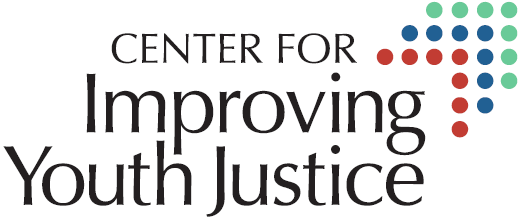Following their first data collection in PbS, Ferris School for Boys in Wilmington, DE realized they needed to address facility safety and order, specifically the amount of assaults and fights and their use of physical restraints.nFerris School identified the relationship between youth on youth assaults and physical restraints and decided to address them together. After taking a deeper look into youths’ idle time, Ferris School realized that too many hours without structured activities can lead to a lack of meaningful youth engagement, which in turn negatively impacts the number of assaults and restraints. The team created an incentive-based approach to address the issue.nIn an effort to boost youth engagement, incentive programs were implemented allowing youths to earn movie nights with snacks, monthly themed family events, and sports banquets for football and basketball. Staff were also offered some incentives for efforts made to engage youths, such as a self-care day with fresh fruits and a masseuse as well as a PbS Appreciation Day which allowed staff to play a trivia game and have fun. These programs proved to be relaxing for staff, thus making it easier to positively engage youth throughout the day.nFerris School demonstrated great progress over the course of a couple of years in their 2016 Barbara Allen-Hagen Award application and earned national recognition as a finalist. Determined to improve the facility further and show even more improvement in 2017, they continued to assess the issue and develop additional interventions to accomplish their goals:nnIncrease of positive interactions between staff and youth,nPositive reinforcement,nRelationship building with youth and staff,nHolding youth who were restrained accountable by not allowing them to participate in prizes if their unit was to win the competition of having less restraints,nStaff acknowledged youth as their partners in figuring out how to lower restraints and fights,nVerbal de-escalation training was provided to staff,nYouth team building,nHealing garden,nSafety teams andnFocus groups for staff fears to be addressed.nnThe above interventions allowed for Ferris School to go 100 days with zero restraints. In only a few years, they went from having above average restraints to often having zero each data collection. It takes time and team dedication to get results. In honoring Barbara Allen-Hagen and her work with this award, PbS looks for facilities demonstrating positive change so all youths can have a better experience in the juvenile justice system.nWhere are they now?nFerris School staff came together to overcome issues with facility safety and order by running programming intended to keep youths focused and motivated with positive activities and friendly competition.nFerris School staff have worked hard to keep all of the programming added as part of this facility improvement plan running a part of their routine. Intramural sports programs continue to be an important part of each season, bringing guest teams to play against the residents in both lacrosse and football. Recently, Ferris School started a facility mentoring initiative “Little Brother- Big Brother” offering boys on the highest behavior management level the responsibility of mentoring the newest young residents.nPbS Coach Joyce Burrell admires the teamwork exemplified at the facility. “Ferris School is very dedicated to the PbS process and using a team approach. Their staff go the extra mile, especially taking on additional responsibilities when they are short-staffed to ensure important programs keep running.”nPbS is currently accepting applications for the 2020 Barbara Allen-Hagen Award and hopes other facilities can use Ferris School as an example to never give up. The most successful facilities see not winning as an opportunity to continue to improve and try again.
